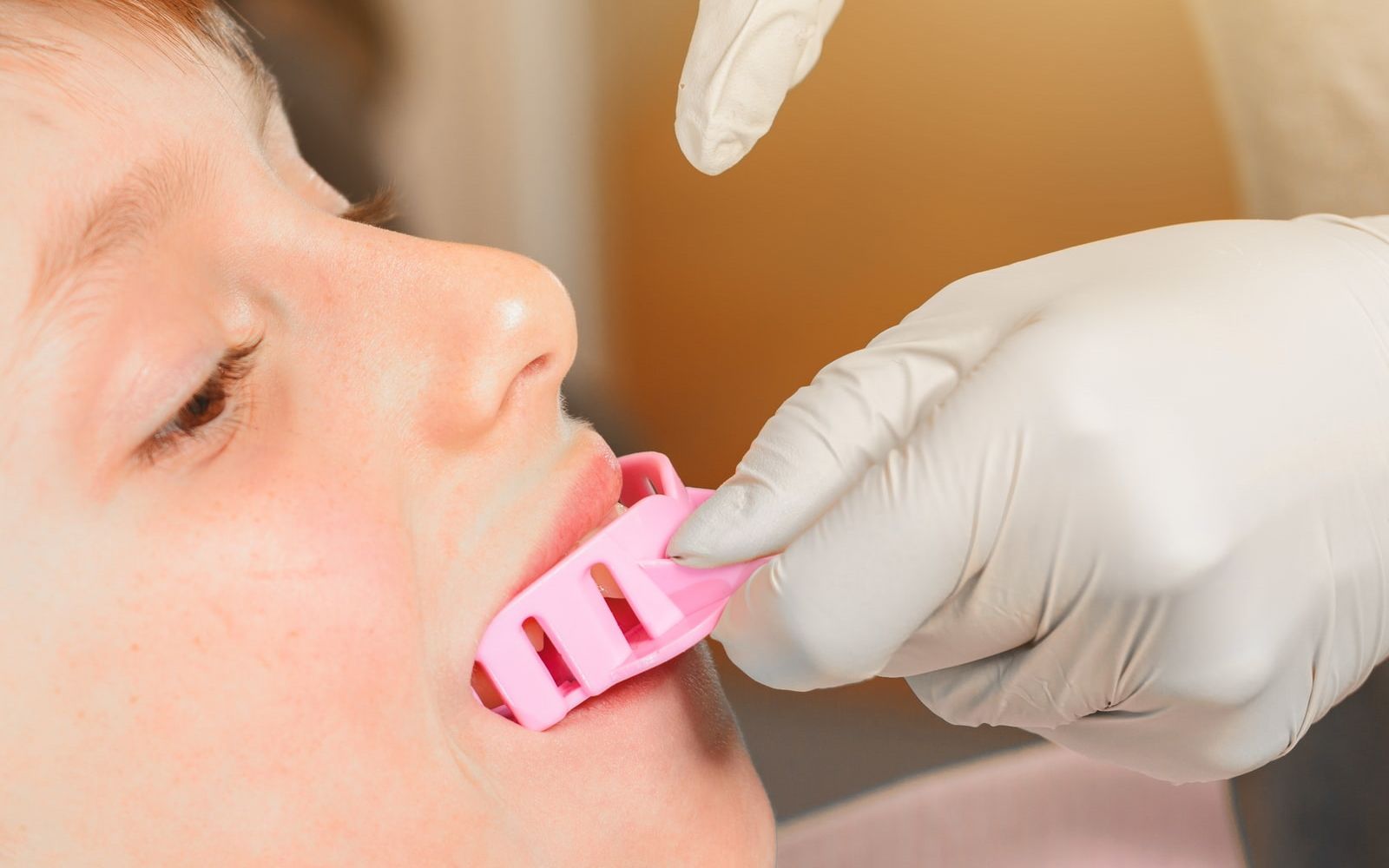Dental Concussions and What To Do About Them

We understand that dental injuries can happen at any age, ranging from mild to severe. One such injury is a dental concussion, commonly seen in toddlers. Dental concussions occur when a tooth receives an impact from an outside force but remains unbroken and in place. While it usually doesn’t require immediate emergency treatment, it can cause temporary or permanent tooth discoloration. Recognizing the signs of a dental concussion is important, and we’re here to help you know what steps to take if your child has a dental concussion.
How To Recognize Dental Concussions in Your Child’s Mouth
Dental concussions often result from outside impacts, such as sports, accidents, or simple mishaps. A concussed tooth will appear sensitive to any form of touch but will remain stable in the mouth. Sometimes, the concussion will show changes in the tooth’s color, but other times it may not exhibit any signs. If you believe that your child has a dental concussion, then your dentist can perform a pulp sensibility test to determine if the pulp of your child’s tooth is healthy. If the results come back negative and the pulp is unhealthy, your dentist can provide treatment.
However, it’s important to know that not all concussions are the same. There are several types of injuries that can occur with the teeth, including:
- Concussion: These concussions occur when the periodontal ligaments holding the tooth are damaged, leading to discoloration.
- Subluxation: This condition refers to a tooth that’s slightly mobile but hasn’t been completely displaced. It causes gum bleeding and tooth sensitivity and can progress, causing biting and chewing to become difficult.
- Extrusive Luxation: In these cases, the tooth is highly mobile and elongated due to the extent of the tooth and ligament separation.
- Lateral Luxation: The jawbone fracture is present in this condition, causing the teeth to be held in place despite the periodontal ligament separation.
- Intrusive Luxation: When this occurs, the tooth is pushed upward into the socket, causing fractures in the alveolar bone.
While not all concussions are avoidable, taking preventative measures can help minimize your child’s injury risk. If they participate in sports, mouthguards are especially beneficial as they protect their developing teeth. We also advise avoiding hard candies and ice to prevent the onset of any dental chips and cracks in their teeth. For children already dealing with a dental concussion, we highly recommend a soft diet combined with gentle tooth brushing and antibacterial mouthwash to protect their teeth while they heal.
Contact Smiling Kids Pediatric Dentistry Indianapolis, IN Today!
If your child ever experiences a dental concussion, don’t hesitate to contact Smiling Kids Pediatric Dentistry at (317) 580-9199. Our team of experienced dentists, including Dr. Swati Singh, is here to help your child experience the best oral health possible. We are here to provide the care and support your child needs for a healthy, confident smile.

